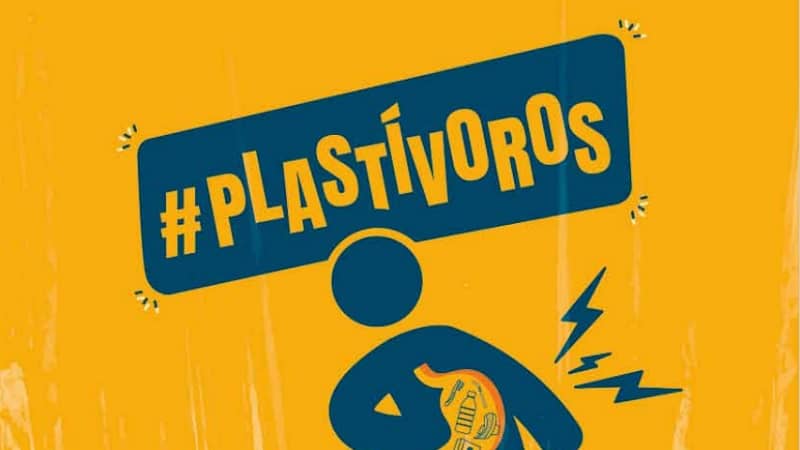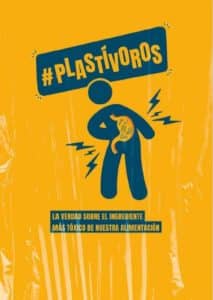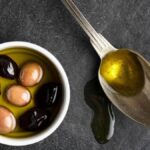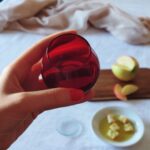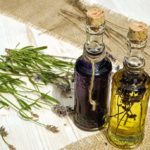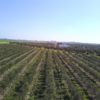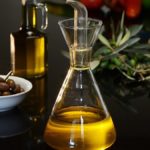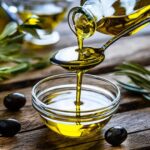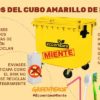This post is also available in:
Español (Spanish)
Nederlands (Dutch)
Français (French)
Deutsch (German)
Português (Portuguese (Portugal))
In this third article we will talk about endocrine disruptors showing the main toxicants coming from plastics and the problems they generate in our health. As we have already seen in the two previous posts (Plastic far from EVOO and Plastic eternal enemy), plastic is the worst possible solution for the packaging of any product due to the poor recycling system, the terrible physical decomposition and the toxic plasticides used in its production.
There are more than 3000 different chemicals associated with plastics and more than 60 characterised as high health risk substances, some of which are persistent, bioaccumulative and toxic. Hundreds of scientific studies show that common plastic additives such as bisphenols, phthalates, flame retardants and heavy metals are very dangerous.
Persistent Organic Pollutants (POPs)
.
These are highly toxic chemicals that persist in the environment for many years before degrading. These plasticides have the chemical quality of, in addition to being toxic in themselves, binding and accumulating others already present. Today DDT, PCBs, PAHs and dioxins remain in the soil, water, air and in our bodies. We have to remember that DDT stopped being massively used in the 1980s and PCBs started to disappear in the 1990s. However, to this day, they are still present to a greater or lesser extent on land, in the sea and in the air.
The European Chemicals Agency (ECHA) declares endocrinologically active additives such as bisphenols and flame retardants and brominated compounds (already banned) and plastic polymers to be of “very high concern”.
Endocrine disruptors
.
The endocrine disruptors are defined as chemical substances of industrial origin that are able to act as hormones in our organism. They are associated with a multitude of problems: sexual, neurological, metabolic, reproductive, etc. There is already extensive literature and widely documented cases at international level such as the child cancer in Aljorra (Murcia), where the link between the manufacture of plastics and cancer has been ratified by the justice system.
The toxicity of plastic and its additives on our health has yet to be fully discovered. Reducing the use of plastic as much as possible and demanding maximum control and analysis of the food we consume is the best option.
If you want to know more you can read the excellent research “Plastivores, the truth about the most toxic ingredient in our food” by Friends of the Earth on the terrible problem that plastics pose to the health of the planet.
We continue to recommend that you buy Extra Virgin Olive Oil in glass and stainless steel containers. Do it for your health and the health of your loved ones, the environment and a real circular economy. If you want to be more informed you can contact the Oil Producer.
